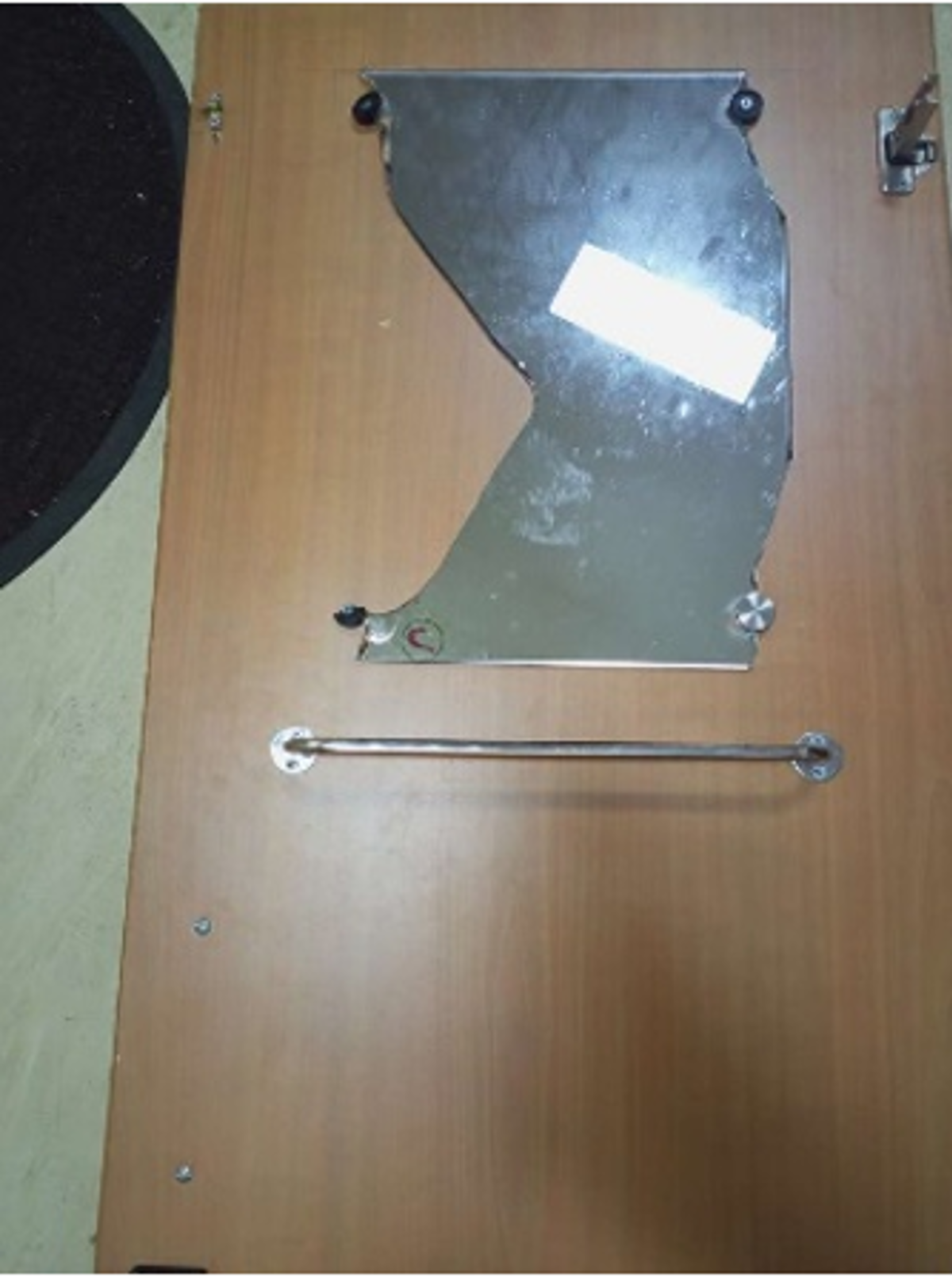Worker cut hand on broken mirror
- Safety Flash
- Published on 18 December 2023
- Generated on 3 March 2026
- IMCA SF 29/23
- 2 minute read
Jump to:
A crew person on a vessel sustained a deep cut on the left thumb while attempting to repair a broken mirror.
What happened?
The mirror had shattered because the closet (bathroom) door in his cabin had fallen off the hinges. The person had reported to the Chief Officer that the closet door in his cabin had become detached.
The Chief Officer instructed the person to wait while he organised deckhands to assist in fixing the closet door. While the Chief Officer was on the deck coordinating with the deckhands, the person returned to his cabin. Shortly thereafter, the person came back to the deck with a deep cut on his left thumb and promptly informed the Chief Officer about the injury.
The Chief Officer administered immediate first aid and subsequently arranged for medical attention through an authorised medic.
What was the cause?
Our member notes:
- Lack of preparation and awareness about potential hazards: No proper work planning or risk assessment conducted for the task. Failure to consider environmental conditions, such as the vessel rolling and potential cut hazards.
- Didn’t follow instructions – the injured person (IP) attempted to perform an activity that was beyond his qualifications and responsibilities. Assistance was offered, but not taken.
- Lack of PPE: The IP did not use appropriate personal protective equipment, such as gloves and safety glasses.
- Condition of the furniture fixtures: The condition of the closet door fixtures was a factor that led to the door falling off and subsequently causing the injury.
Bypassing safety controls: IMCA notes, broken glass is something we might encounter anywhere, even in the home. Anyone might cut their hands tidying up broken glass.
Stop and think! Here, the injured person “did not use safety-critical procedures which applied to the task”. They were instructed to wait – but did not do so, so they “did not obtain authorisation before deviating from procedures”.
Related safety flashes
-
IMCA SF 27/21
1 October 2021
-
-
IMCA SF 19/21
12 July 2021
-
IMCA Safety Flashes summarise key safety matters and incidents, allowing lessons to be more easily learnt for the benefit of the entire offshore industry.
The effectiveness of the IMCA Safety Flash system depends on the industry sharing information and so avoiding repeat incidents. Incidents are classified according to IOGP's Life Saving Rules.
All information is anonymised or sanitised, as appropriate, and warnings for graphic content included where possible.
IMCA makes every effort to ensure both the accuracy and reliability of the information shared, but is not be liable for any guidance and/or recommendation and/or statement herein contained.
The information contained in this document does not fulfil or replace any individual's or Member's legal, regulatory or other duties or obligations in respect of their operations. Individuals and Members remain solely responsible for the safe, lawful and proper conduct of their operations.
Share your safety incidents with IMCA online. Sign-up to receive Safety Flashes straight to your email.
